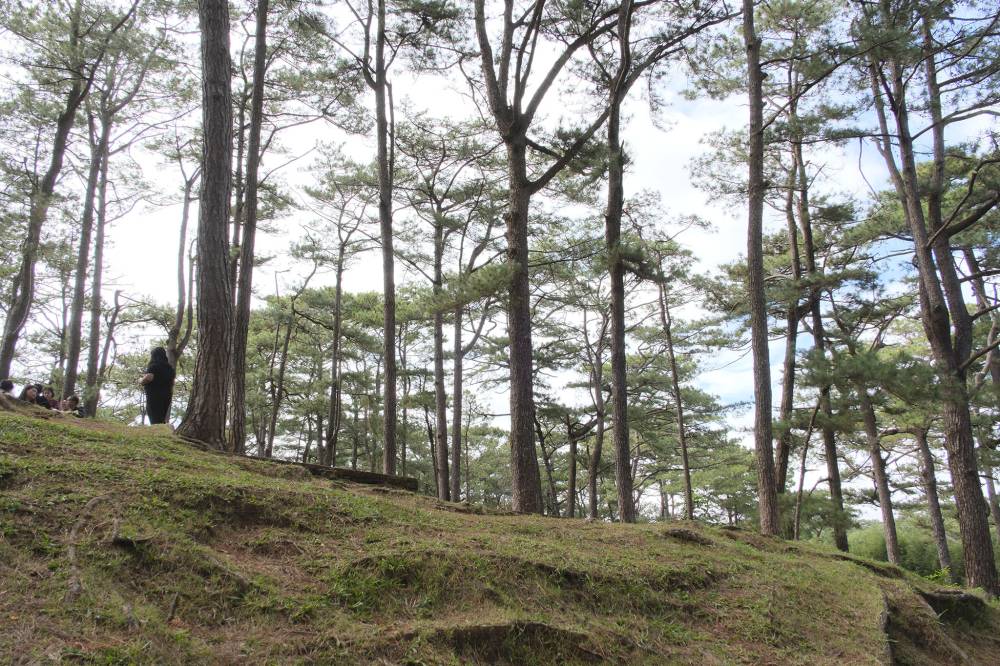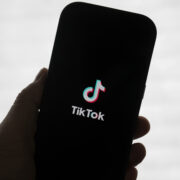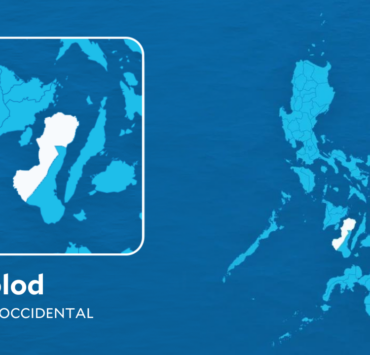DOST chief calls for wider AI use in disaster response planning, climate adaptation

BAGUIO CITY—Department of Science and Technology (DOST) Secretary Renato Solidum Jr. has vowed to “democratize AI (artificial intelligence) in the Philippines” to help local governments prepare for the worst impacts of extreme weather and other hazards.
Speaking on Thursday at the Luzon leg of this year’s “Handa Pilipinas” roadshow, Solidum said that while AI has raised concerns among scientists worldwide, it has already proven valuable in crafting government tools that guide policymakers toward “the fastest, most efficient and scientific ways of rebuilding” after calamities.
One such platform is the “PlanSmart Philippines” program, which rolled out the PlanSmart Ready to Rebuild application and will soon launch PlanSmart Ready to Respond for quicker disaster response.
According to Solidum, AI will also be used to map and assess settlement conditions or identify safe locations for new communities, in partnership with the Department of Human Settlements and Urban Development.
He said AI’s strength lies in managing vast streams of data from sources like the government’s GeoRisk hazard platform, eliminating the need for planners “to do research on hazards or describe the socioeconomic profile” of a locality, “because that will be undertaken by the app.” Many communities, he noted, suffer repeated disasters because they are located in unsafe areas.
Save livelihood
The DOST chief stressed that the goal is not only to “save lives, but also livelihoods,” as disasters often destroy businesses and disrupt local economies.
Beyond disaster risk reduction, Solidum said the DOST aims to help local governments and the private sector “commercialize” innovations to generate income. For example, the government plans to manufacture locally designed electric bikes to meet the high demand for public utility tricycles while reducing carbon emissions.
He also disclosed that after joining President Marcos on a state visit to India, the Philippines will tap Indian AI technology to strengthen health-care systems.
Assistant Secretary Bernardo Rafaelito Alejandro IV, administrator of the Office of Civil Defense, lauded Baguio City as “a shining example” of how technology can drive good governance.
Officials in the city are currently reviewing a proposed ordinance to formally integrate AI into local governance.
Public consultations
The measure, authored by Councilor Paolo Salvosa, would use AI to facilitate public consultations, analyze feedback and identify consensus on government programs, while deploying safeguards such as “strong user authentication mechanisms,” deepfake detection, sentiment analysis and anomaly detection.
Salvosa said the proposed policy aligns with Baguio’s goal of enhancing “livability, inclusivity and creativity” as it transitions into a smart city by 2027.
Mayor Benjamin Magalong began pursuing the city’s smart city initiative in 2019, using a P200-million grant from then President Rodrigo Duterte to build a command center integrating public order, health, traffic, sanitation and environmental management.
Magalong’s executive assistant Samantha Hamada recently told city officials that the program is key to “overcoming the onset of irreversible urban decay by 2043 if we do nothing to stop it now.”

















